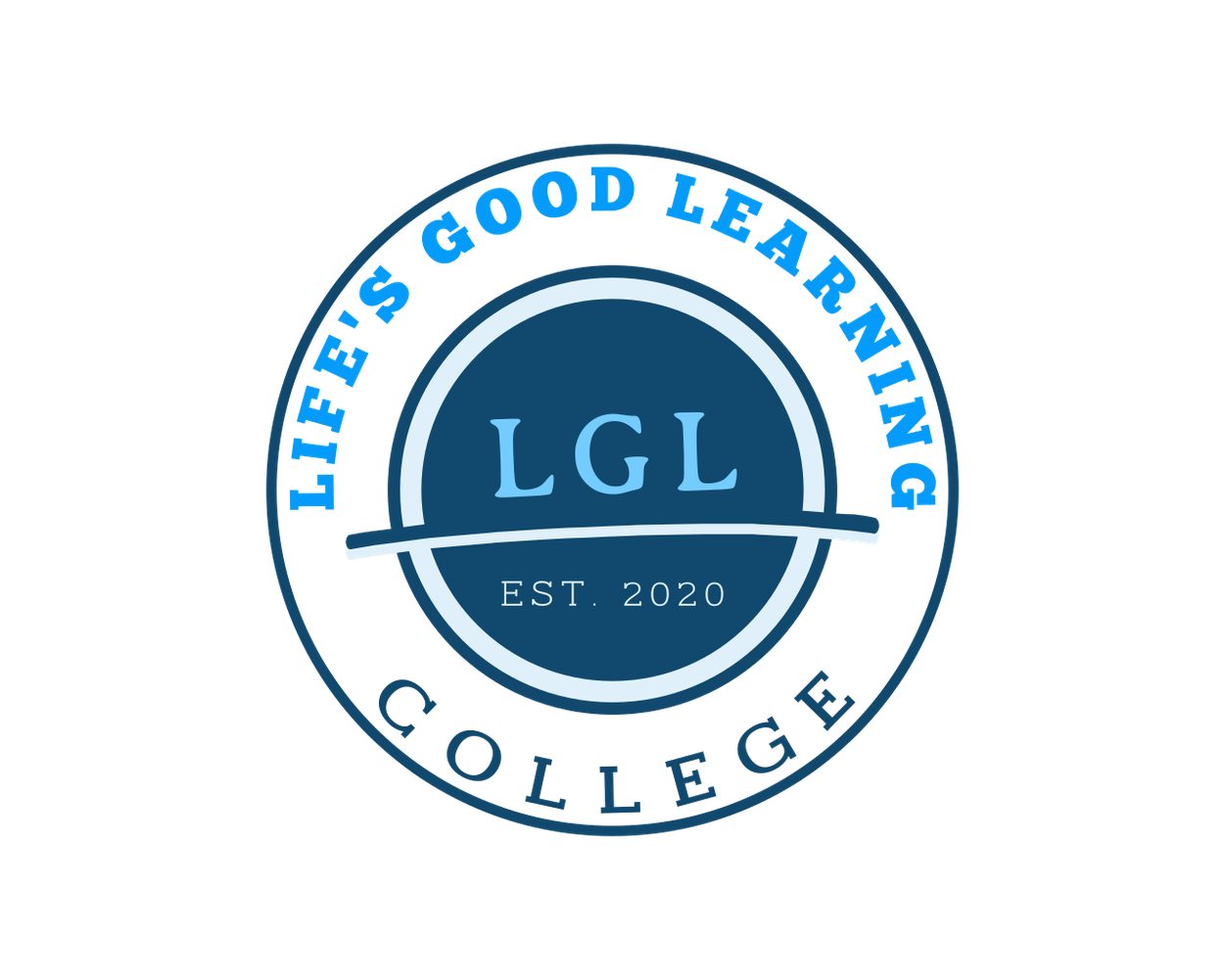
How to Boost Your Chances of Passing the CNA Exam
Share
Becoming a Certified Nursing Assistant (CNA) is a rewarding journey, but the exam can be challenging without the right preparation. Many candidates underestimate the exam’s complexity, especially its mix of written knowledge and hands-on skills. However, with the right study plan and mindset, you can greatly improve your chances of passing on your first try. Whether you’re taking the CNA exam soon or just starting your training, this guide will help you feel more confident, focused, and ready to succeed.
🌟 Become a Certified Nurse Assistant (CNA) and Earn up to $80,000 a Year!
Start your healthcare career today with our Certified Nursing Assistant Program at LGL College — where your success is our mission. No long waiting lists, no unnecessary barriers — just quality CNA training that prepares you for a rewarding career helping others.
✅ No GED Required
✅ Job Placement Assistance
✅ CNA State Exam On Our Campus
✅ Monthly Payment Plans Available
👉 Click Here to Enroll in a CNA Program Now
Start Studying Early
The earlier you start preparing for the CNA exam, the better your results will be. Beginning early gives you enough time to review each topic without stress. It allows you to set a realistic schedule and identify any weak areas. Instead of cramming the night before the test, you’ll be reinforcing knowledge over time. Daily study sessions—even short ones—can significantly improve memory and understanding. Early preparation also helps build confidence, which reduces test-day anxiety. If you’re currently in a training program, start reviewing material from week one. Don’t wait until you’re officially registered for the exam to begin studying.
Use Official CNA Study Guides
Relying on official CNA study guides is one of the smartest moves you can make. These guides are designed to reflect the exam format and cover topics that actually appear on the test. They help you understand the structure of questions and prepare for both written and clinical sections. Choose a guide endorsed by your state or by organizations like the NNAAP or Red Cross. A good guide breaks down information clearly and offers sample questions for practice. Use it daily, either as your main resource or alongside other study tools. Don’t waste time on outdated or unofficial materials.
Focus on High-Value Topics
Not all topics are equally important on the CNA exam. Some areas appear more frequently and carry more weight. These include infection control, safety procedures, personal care skills, communication, and patient rights. Focusing on these topics gives you the best return on your study time. Understanding how to prevent infections or how to assist with daily living tasks is essential. Make a checklist of core subjects and track your comfort level with each. Spend extra time on topics you find confusing or hard to remember. Prioritize understanding over memorization, especially for procedures that require steps in order.
Practice Real CNA Skills Daily
The clinical section of the CNA exam tests your ability to perform tasks correctly. Practicing these skills daily helps reinforce muscle memory and builds confidence. If you’re in a training program, use your lab time wisely. Practice handwashing, taking vital signs, dressing patients, and making occupied beds. Repetition is key. Try performing these tasks on classmates or family members to simulate real-life conditions. If you have access to clinical practice in a healthcare setting, observe experienced CNAs and ask questions. Practicing in front of a mirror can also help ensure correct technique. Being physically prepared matters just as much as written knowledge.
Join a Study Group
Studying with others can be highly effective. A study group keeps you motivated and allows for different perspectives on tough topics. You’ll get to quiz each other, share notes, and practice together. Discussing material out loud also helps you retain information better. Study groups can reduce the isolation of exam prep and make it more enjoyable. Whether it’s a group from your training program or an online community, surround yourself with others who are equally serious about passing. Set a regular meeting schedule and agree on goals for each session to stay on track.
Watch CNA Skills Videos Online
Visual learners can benefit greatly from watching CNA skills videos. Many YouTube channels and online learning platforms offer free, high-quality tutorials that demonstrate exam tasks. Watching these videos helps you understand the correct steps and techniques used in the clinical exam. Repeated viewing reinforces proper procedures, like how to assist with a wheelchair transfer or take blood pressure. Choose videos produced by reputable CNA instructors or exam prep organizations. Try mimicking the actions after each video to strengthen your skills. These resources are especially helpful if your training program has limited hands-on time.
Take Full-Length Practice Exams
Simulating the real exam is one of the best ways to prepare. Full-length practice exams give you a feel for timing, question types, and pacing. They help identify your strengths and highlight topics that need improvement. Many official CNA study guides and websites offer these tests. Treat each practice test as if it’s the real thing. Find a quiet space, set a timer, and complete it without interruptions. After finishing, review every question, especially the ones you got wrong. Understanding why an answer is correct deepens your knowledge. With each attempt, your confidence will grow.
Manage Exam Day Stress
Nerves can get in the way of even the most prepared students. Managing stress on exam day is crucial. Plan your day in advance so you arrive on time and well-rested. Eat a healthy meal, dress comfortably, and bring all required identification and materials. Use deep breathing exercises or short meditations to calm your mind. Positive self-talk can also make a difference. Remind yourself that you’ve studied hard and practiced your skills. Stay focused during the test and avoid second-guessing your answers. Managing stress keeps your brain clear and helps you perform at your best.
Use Flashcards to Memorize Terms
Flashcards are excellent tools for memorizing medical terminology, abbreviations, and step-by-step procedures. They’re portable, easy to use, and effective for quick review. Create your own cards or use a reputable CNA flashcard set. Use them daily to reinforce key terms and definitions. Shuffle the cards to test your recall from different angles. Say the answers out loud to engage both visual and auditory memory. Flashcards are also great for last-minute review before the exam. Keep a small stack in your bag and quiz yourself whenever you have a free moment, like during a commute or break.
Learn from Past CNA Students’ Tips
One of the most powerful resources available is the advice from those who’ve already taken the exam. Listening to their stories can provide valuable insights into what to expect and how to prepare. Many former students share tips on forums, YouTube, and study groups. Look for comments about what caught them off guard or what helped them succeed. Some may suggest test-taking strategies, like how to stay calm during the clinical exam or how to eliminate wrong answers. You’ll also learn what resources they found most helpful. Their experiences can guide your approach and boost your confidence.
Passing the CNA exam doesn’t happen by accident—it takes preparation, practice, and the right mindset. By starting early, focusing on high-impact topics, using trusted resources, and practicing real skills daily, you set yourself up for success. Join a study group, take practice exams, and manage stress to stay balanced and motivated. Don’t forget to use flashcards and absorb insights from past students who’ve already walked the path. With consistency and determination, you’ll not only pass the CNA exam—you’ll start your healthcare career on the right foot. Believe in yourself and take each step with purpose.

